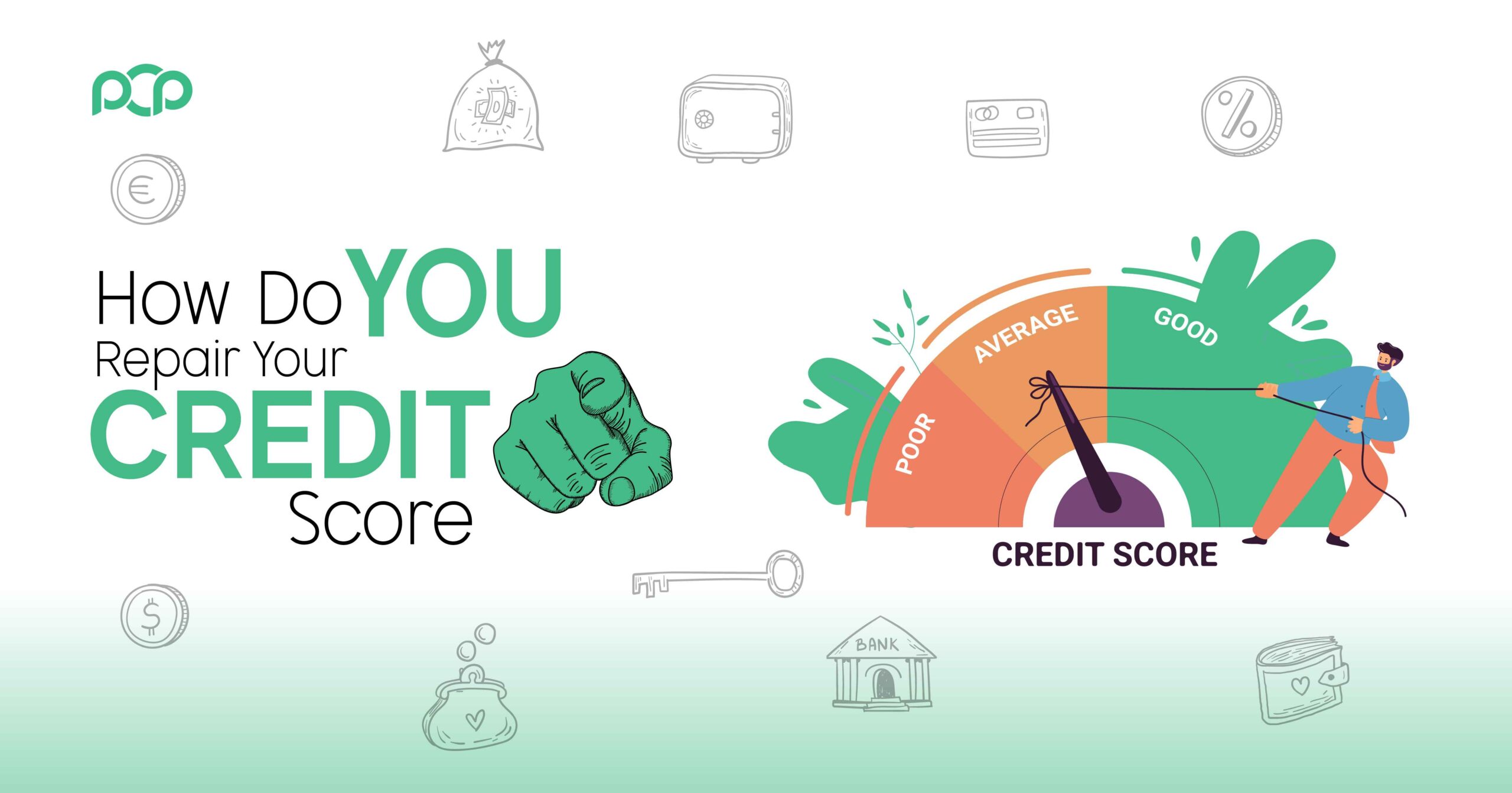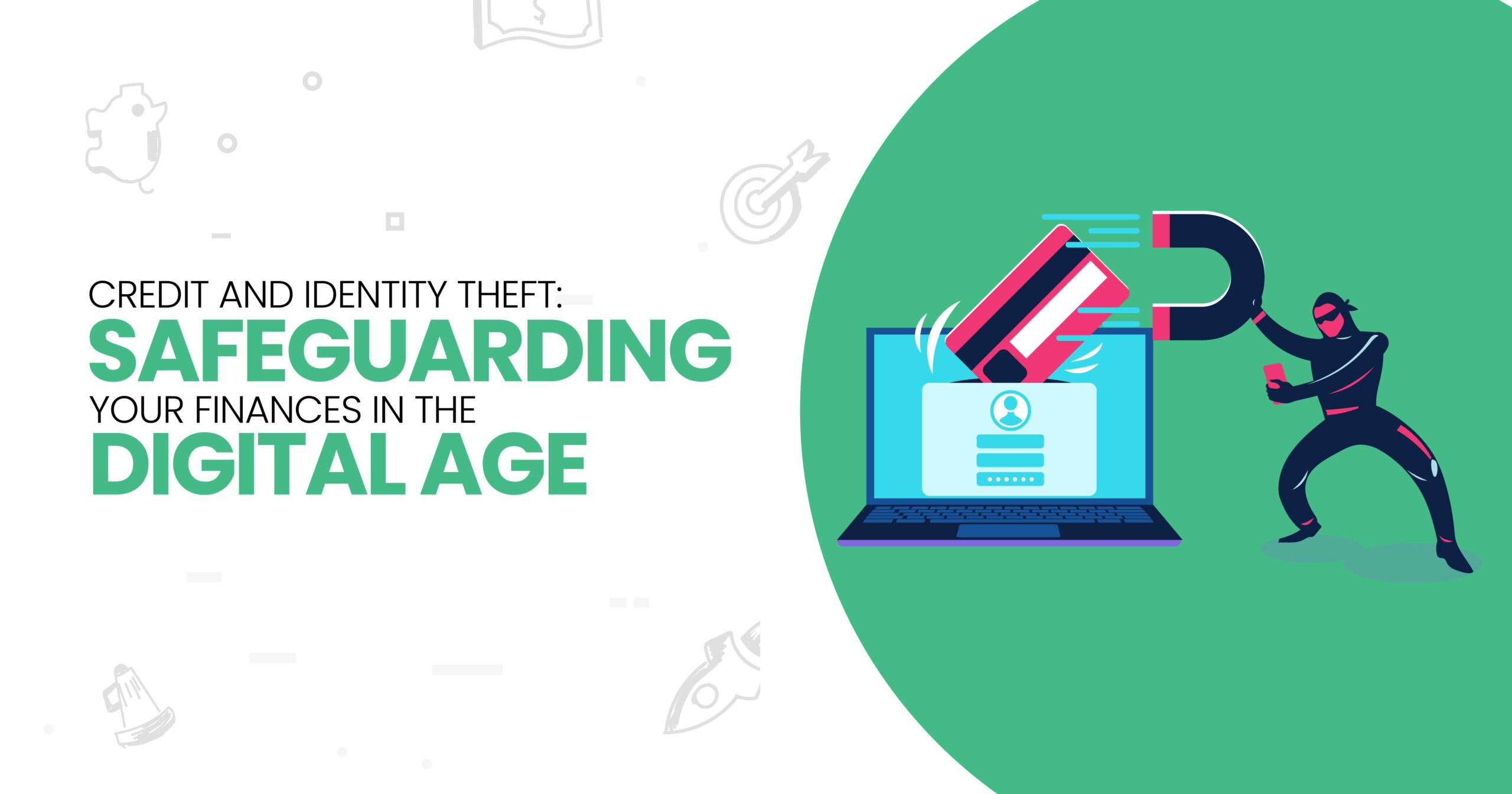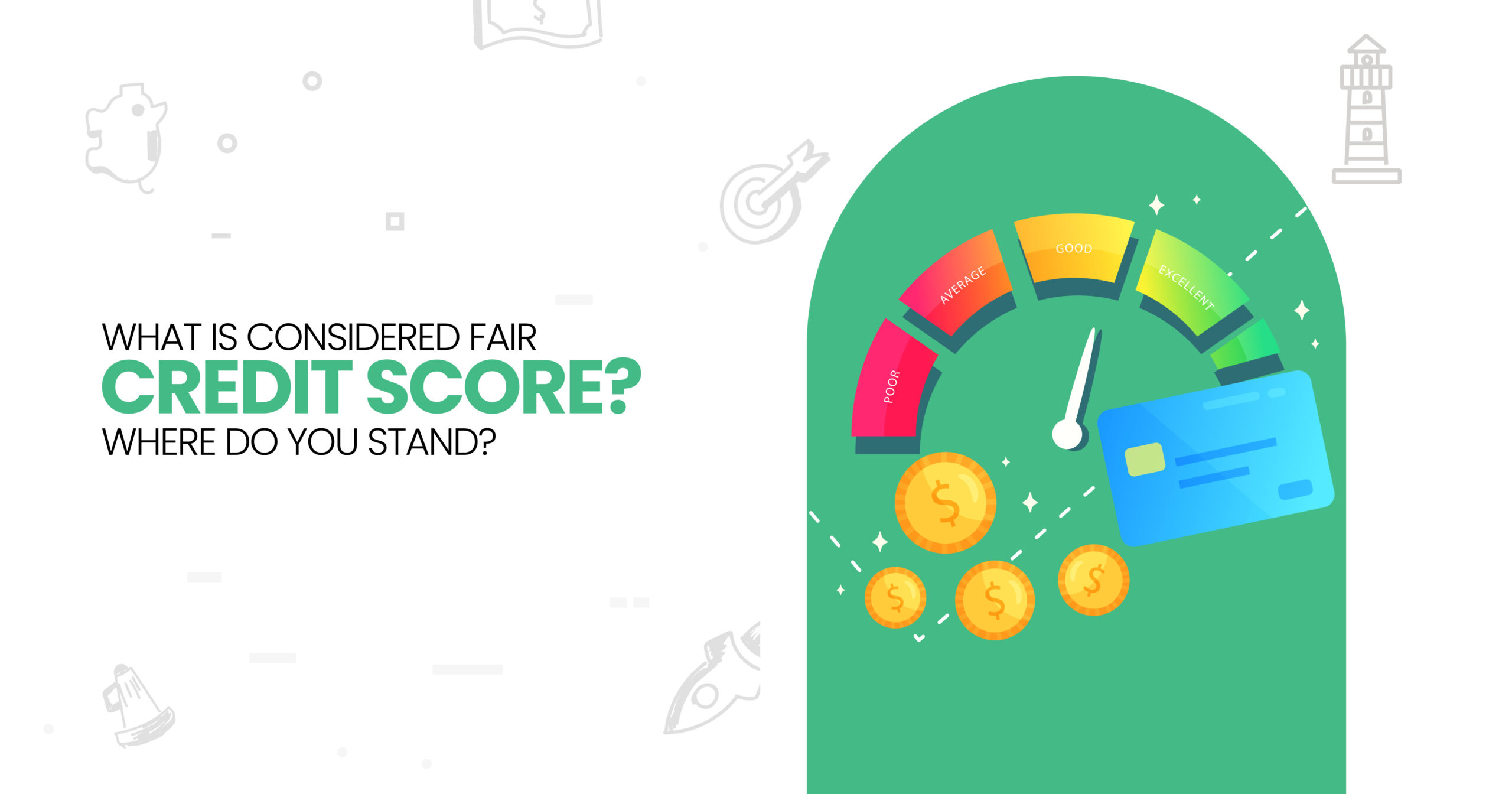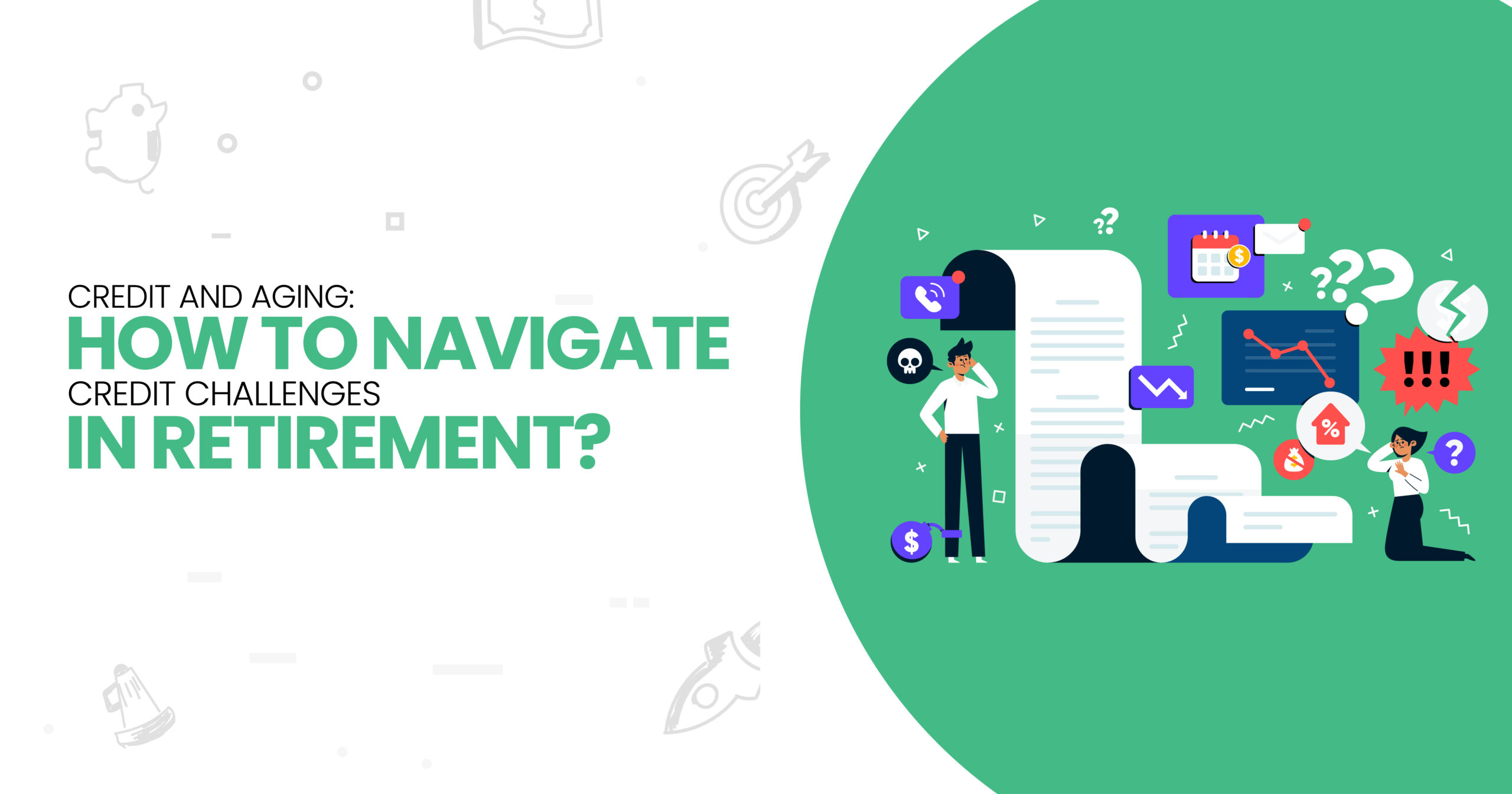Need help? Get in touch!

How Do You Repair Your Credit Score?
Your credit score is a crucial aspect of your financial health, influencing your ability to obtain loans, credit cards, and even housing or employment. However, if your credit score has taken a hit due to late payments, collections, or other negative items, it’s essential to take proactive steps to repair it.
What Factors Contribute To Repairing Credit Score?
Several factors contribute to repairing your credit score. These factors encompass both positive actions you can take to improve your score and negative factors you need to address to mitigate their impact. Here are the key factors that play a role in repairing your credit score:
Payment History
- Positive: Making on-time payments consistently is one of the most critical factors in repairing your credit score. Timely payments demonstrate your reliability as a borrower and contribute positively to your credit history.
- Negative: Late payments, defaults, and accounts in collections have a significant negative impact on your credit score. Addressing any past delinquencies and making timely payments moving forward is essential for repairing your credit.
Credit Utilization Ratio
- Positive: Keeping your credit card balances low relative to your credit limits demonstrates responsible credit management and can improve your credit score. Aim to keep your credit utilization ratio below 30%.
- Negative: High credit card balances and maxed-out credit cards can negatively impact your credit score, even if you make your payments on time. Paying down credit card balances can help improve your credit utilization ratio and boost your score.
Length of Credit History
- Positive: A longer credit history generally reflects more experience managing credit responsibly, which can positively impact your credit score. Keeping old accounts open and in good standing can help maintain a longer credit history.
- Negative: Limited credit history, especially for individuals just starting out, can make it more challenging to establish a high credit score. Building and maintaining a positive credit history over time is essential for repairing credit.
Types of Credit Accounts
- Positive: Having a diverse mix of credit accounts, such as credit cards, installment loans, and mortgages, can positively impact your credit score. Managing different types of credit responsibly demonstrates your ability to handle various financial obligations.
- Negative: A lack of diversity in your credit accounts may limit your credit score’s potential. While it’s not necessary to have every type of credit account, having a mix of credit types can be beneficial for your credit score.
New Credit Inquiries
- Positive: Applying for credit responsibly and selectively can help you obtain new credit accounts when needed without significantly impacting your credit score. Soft inquiries, such as checking your own credit score, do not affect your credit score.
- Negative: Multiple hard inquiries within a short period, such as applying for several credit cards or loans simultaneously, can lower your credit score. Limiting new credit applications can help minimize the negative impact on your credit score.
Negative Information
- Positive: Addressing negative information on your credit report, such as late payments, collections, charge-offs, and bankruptcies, is crucial for repairing your credit score. Taking steps to resolve or mitigate negative items can help improve your credit score over time.
- Negative: Unresolved negative information, such as outstanding debts or accounts in collections, can continue to harm your credit score until addressed. Disputing inaccuracies and working with creditors or collection agencies to settle debts can help remove or minimize the impact of negative information on your credit score.
Identifying Negative Items
Common negative items that can affect your credit score include late payments, collections, bankruptcies, and foreclosures. Carefully review your credit report to identify any negative items that may be dragging down your score. Look for errors or inaccuracies and take note of which negative items are having the most significant impact on your score.
Creating A Plan Of Action
Once you’ve identified the negative items on your credit report, it’s time to create a plan of action for repairing your credit score. Set realistic goals and timelines for improving your score, and prioritize which negative items to address first. Focus on tackling one negative item at a time, starting with those that have the most significant impact on your score.
Improving Payment History
One of the most critical factors influencing your credit score is your payment history. If you’re struggling to make payments, contact your creditors to discuss possible payment arrangements or hardship programs.
- Set Up Payment Reminders: Utilize reminders or automatic payments to ensure you never miss a payment deadline.
- Prioritize Timely Payments: Make it a priority to pay all bills on time, every time, to avoid late payment penalties and negative marks on your credit report.
- Negotiate Payment Plans: If you’re struggling to make payments, contact your creditors to discuss possible payment arrangements or hardship programs.
- Stay Organized: Keep track of due dates and payment amounts for all of your bills to avoid missing payments accidentally.
- Pay Down Debts: Focus on paying off outstanding debts to reduce the likelihood of future late payments and improve your overall financial health.
- Monitor Your Accounts: Regularly review your bank statements and credit card statements to catch any discrepancies or unauthorized charges promptly.
- Use Technology: Take advantage of budgeting apps or financial management tools that can help you track your spending and manage your bills more effectively.
Dealing With Collections And Charge-Offs
If you have accounts in collections or charge-offs on your credit report, it’s essential to address them as soon as possible. Contact the collection agency or creditor to negotiate a settlement or payment plan. You may be able to settle the debt for less than the full amount owed or set up a payment plan that fits your budget. Be sure to get any agreements in writing and keep records of all communications.
Managing Credit Utilization
Credit utilization refers to the amount of credit you’re using compared to the total amount available to you. Keeping your credit utilization low – ideally below 30% – can help improve your credit score. Pay down credit card balances and avoid maxing out your credit cards to keep your credit utilization in check. Consider requesting a credit limit increase or opening a new credit account to increase your available credit and lower your utilization ratio.
Building Positive Credit History
Building a positive credit history is essential for improving your credit score and demonstrating your creditworthiness to lenders. Whether you’re just starting out with limited credit history or working to rebuild after past financial challenges, adopting healthy credit habits can help you establish a solid foundation for your financial future.
Open A Credit Account
If you don’t already have any credit accounts, consider opening one to start building your credit history. A secured credit card or a credit-builder loan are good options for those with limited or poor credit history. Secured credit cards require a cash deposit as collateral, making them easier to qualify for. Use the card responsibly by making small purchases and paying off the balance in full and on time each month.
Become An Authorized User
Ask a family member or friend with good credit to add you as an authorized user on one of their credit card accounts. Being an authorized user allows you to take advantage of their positive credit history, potentially boosting your own credit score. Make sure the primary account holder maintains responsible credit habits, as any negative activity on the account could also affect your credit score.
Pay Your Bills On Time
Your payment history is the most significant factor influencing your credit score, so it’s crucial to pay all of your bills on time, every time. Set up reminders or automatic payments to ensure you never miss a payment deadline. Late payments can stay on your credit report for up to seven years and have a significant negative impact on your credit score.
Keep Credit Balances Low
Aim to keep your credit card balances low relative to your credit limits. High credit utilization – the amount of credit you’re using compared to your total available credit – can negatively impact your credit score. Ideally, keep your credit utilization below 30% to demonstrate responsible credit management. Paying off your credit card balances in full each month can help you achieve this goal.
Diversify Your Credit Mix
Having a diverse mix of credit accounts, such as credit cards, installment loans, and mortgage loans, can positively impact your credit score. If you only have credit cards, consider adding an installment loan, such as a car loan or personal loan, to your credit portfolio. Just make sure you can comfortably afford the monthly payments before taking on additional debt.
Limit New Credit Applications
Each time you apply for new credit, a hard inquiry is added to your credit report, which can temporarily lower your credit score. Limit the number of new credit applications you submit, especially within a short period. Instead of applying for multiple credit accounts at once, research your options and apply for credit selectively, focusing on accounts that align with your financial goals and needs.
Monitor Your Credit Report
Regularly monitor your credit report to ensure all information is accurate and up to date. You’re entitled to a free copy of your credit report from each of the three major credit bureaus – Equifax, Experian, and TransUnion – once per year. Review your credit report for errors, such as accounts that don’t belong to you or inaccurate late payments. Dispute any inaccuracies with the credit bureaus to have them corrected promptly.
Monitoring Your Progress
As you work to repair your credit score, it’s essential to monitor your progress regularly. Keep track of your credit score and review your credit report periodically to ensure that any changes or improvements are accurately reflected. Adjust your plan of action as needed based on your progress, and continue to make positive changes to your credit habits.
Conclusion
Repairing your credit score may take time and effort, but the long-term benefits are well worth it. By understanding your credit report, identifying negative items, and creating a plan of action, you can take control of your financial future and improve your credit score over time. Stay disciplined and patient throughout the process, and remember that every positive step you take brings you closer to your goal of a healthier credit score.
related post
- Located in Pembroke Pines, FL
- FICO is a registered trademark of Fair Isaac Corporation in the United States and other countries. Pines Credit Pros does not offer legal advice and is not a substitute for legal services. Pines Credit Pros does not guarantee the permanent removal of verifiable tradelines or make promise(s) of any particular outcome whatsoever. Pines Credit Pros requires active participation from its clientele regarding requested documents and information, including investigation results, for the sought-after outcome of a healthy, accurate credit report. Individual results may vary.






